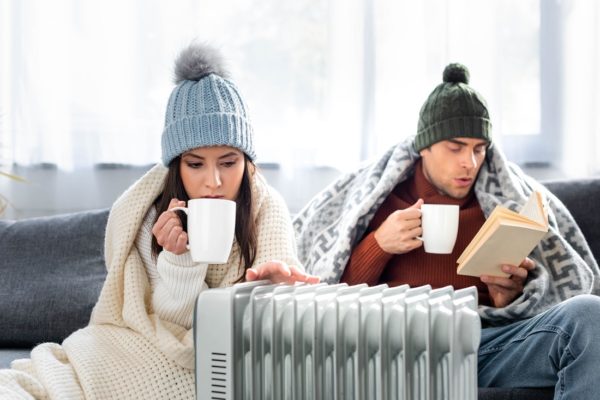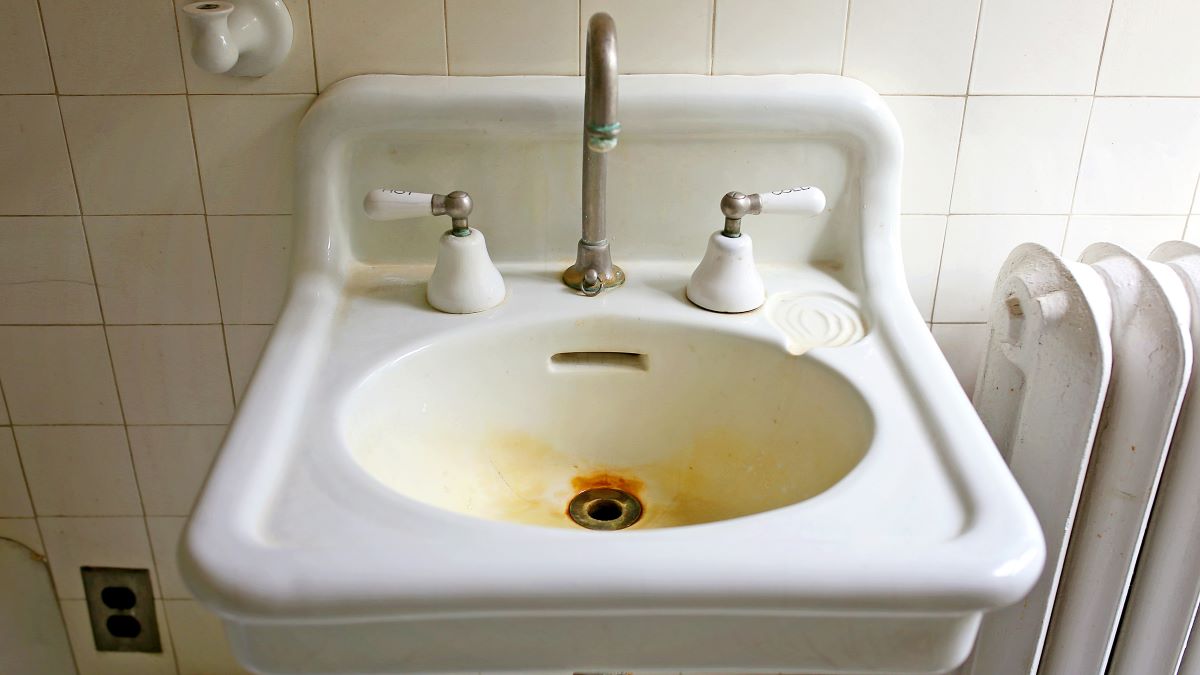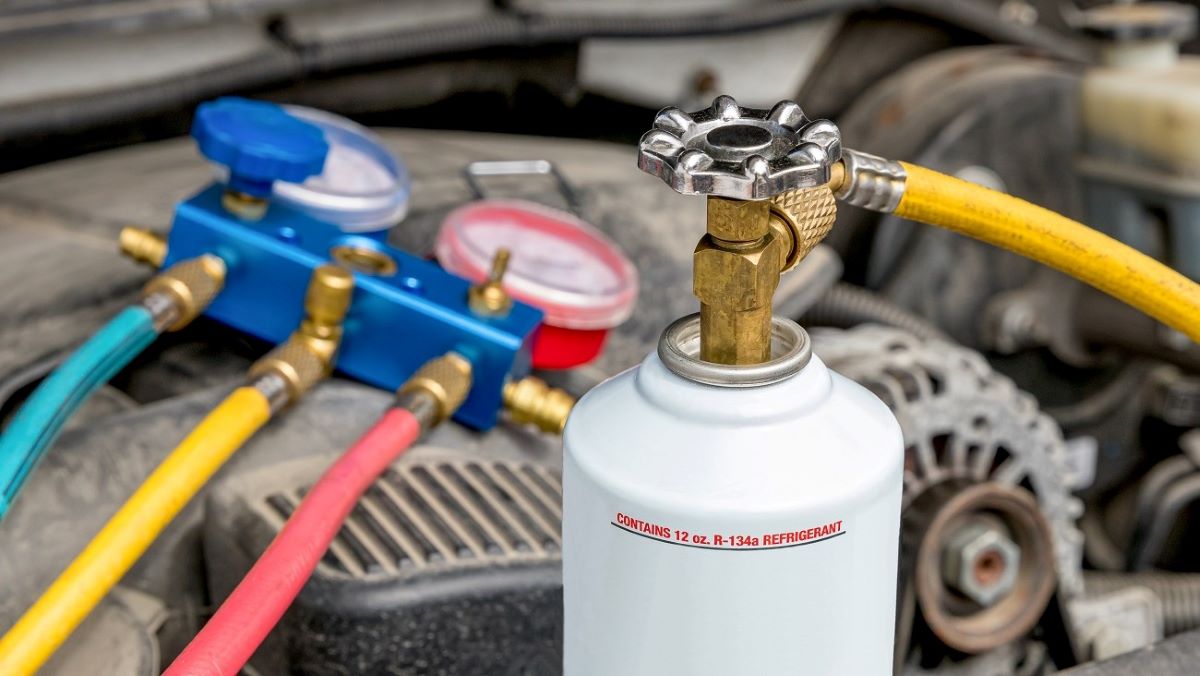There are a lot of ways to heat a home, and the chances are you haven’t thought too much about them. After all, unless you are building your own home, you probably never had much choice. But home heating and cooling generate 17% of Americans’ carbon footprint – more than the rest of our housing emissions combined. And if you live in a cold climate, that number could be even higher. So a home’s heating system should inform your homebuying decisions, and even if you aren’t moving, it might make sense to switch to a more efficient home heating system.
Good
For most people, home heating is a simple question of a gas furnace (or boiler) or an electric one. Natural gas is the most common heat source in the United States, used by 49% of homes, while electricity is the second most common, at 34%. The question of which is more efficient is not quite straightforward.
An electric furnace may have an annual fuel-utilization-efficiency (AFUE) rating as high as 100%. Gas furnace ratings range from 55% to 97%. But gas furnaces heat homes more quickly, meaning that they don’t need to run as long or as often. Not only is natural gas cheaper than electricity in most places, but because they produce more heat, gas furnaces may be the only adequate choice in extremely cold climates. Natural gas is a non-renewable fossil fuel, but most Americans’ electricity comes from fossil fuels as well. Perhaps more important than the choice of gas or electric is the particular furnace you buy. An Energy Star Most Efficient gas furnace is a good choice. Energy Star does not certify electric furnaces, but depending on your climate and the source of your electricity, one of the more efficient electric models may also be a good choice.

Heating with wood, a renewable and widely available resource, is appealing aesthetically and to the DIY ethic. But wood smoke is a pollutant, and fireplaces are notoriously inefficient. Wood stoves perform better than fireplaces, but heating a home with wood requires a lot more planning and work than turning up a thermostat, and the heat from wood burning tends to stay in one room. However, if you do choose wood, it’s good to go with a modern, EPA certified wood heater.
Better
There are better choices. Electric air-source heat pumps draw heat from the outdoors (even when it’s cold) and transfer it indoors. They do not require and any fuel and operate with very little electricity – usually less than half that of an electric furnace. More energy is saved because these units also replace coolers in the summer. In the past, heat pump systems were only useful in warm climates, but newer Energy Star certified models are increasingly suitable for colder climates.
Most people are familiar with solar electricity, but houses that rely on the electric grid for power can still utilize solar energy for home heating. Solar hot air systems use collectors mounted on south-facing walls. Hot air in the collectors is cycled with cool air from inside the home. Solar thermal heating systems use rooftop collectors connected to an indoor water tank. They may eliminate the need for a separate hot water system. These systems work well with radiant floor heating. Solar thermal systems work in colder climates than solar hot air systems, but both depend on sunny winter weather. However, even when used as a supplemental heat source in cloudy climates, a solar air heater can reduce heating costs by as much as 70%.
Best
Geothermal energy systems typically use 25% to 50% less electricity than conventional heating and cooling systems. Residential geothermal systems use a heat pump to exchange heat with the earth. This enables them to heat a home in the winter and cool it in the summer. Despite the cost and difficulty of installing a geothermal heat pump, they often pay for themselves in as little as three years.
A passive house design leverages local sun and wind patterns combined with a super-efficient building envelope in order to drastically reduce the need for additional heating and cooling. In some climates, it can eliminate the need for any kind of heater at all.
Bottom Line
Whatever home heating system you have, make sure that it is sized properly for your home. A system that is too large or too small will end up wasting energy. It is also important to use it efficiently. Get a home energy audit, maximize your insulation, and maybe put on a sweater.
The post Good, Better, Best: Home Heating Systems appeared first on Earth 911.








